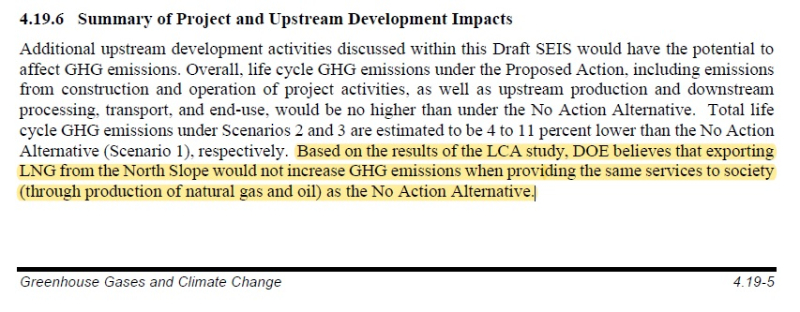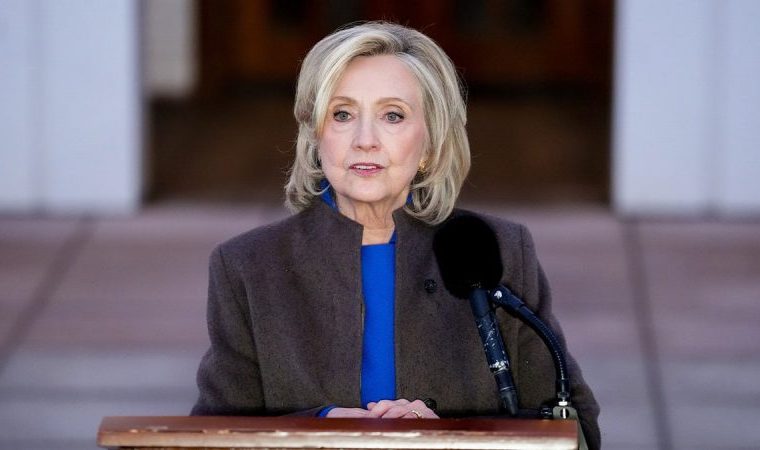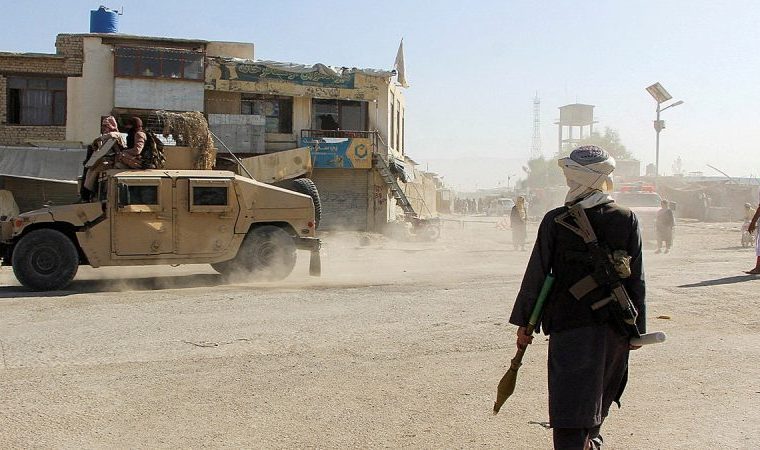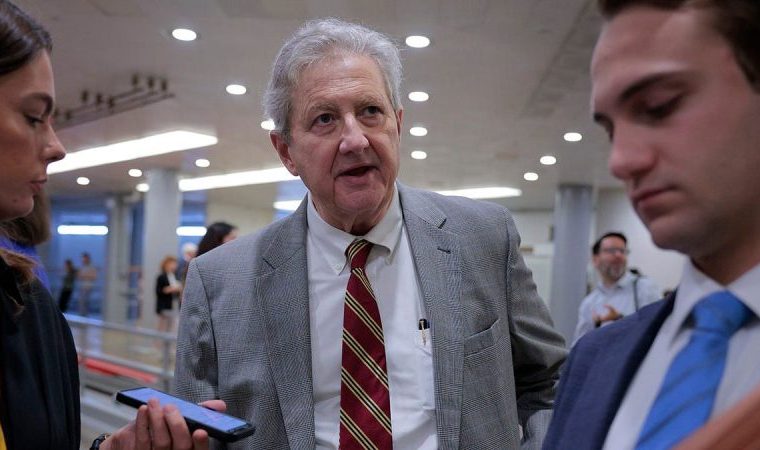
Some bad economics at the Department of Energy
From E&E News (DOE: Major LNG project ‘would not increase’ CO2) from June 2022:
A proposed liquefied natural gas project in Alaska would not raise greenhouse gas emissions, according to a new federal environmental review that assumes LNG exports elsewhere will continue to meet demand even if the planned pipeline and terminal aren’t built. …
The Department of Energy’s draft SEIS includes a life-cycle analysis of the greenhouse gas emissions tied to the project’s LNG exports. It finds that “exporting [liquefied natural gas] from the North Slope would not increase GHG emissions when providing the same services to society,” as the No Action Alternative, a scenario where the Alaska LNG project is not developed.
If you don’t believe E&E news then here is the screenshot:
So, as asserted earlier, this isn’t how markets work. In the no action alternative supply and demand don’t move and there is no change in price or quantity of liquidfied national gas (LNG). With a new LNG facility the supply curve shifts to the right and the quantity of LNG increases (and price falls):
If there is no climate impact from the increase in LNG supply as the DOE report claims then either (1) buyers want the same amount no matter the price (i.e., the demand curve is vertical) or, (2) in the no action scenario, someone else magically increases the supply of LNG. Here is how the EPA puts the second scenario in their comment letter:
Hat tip: Patrick Walsh in response to this post: link.




